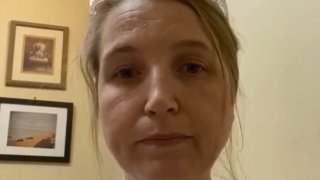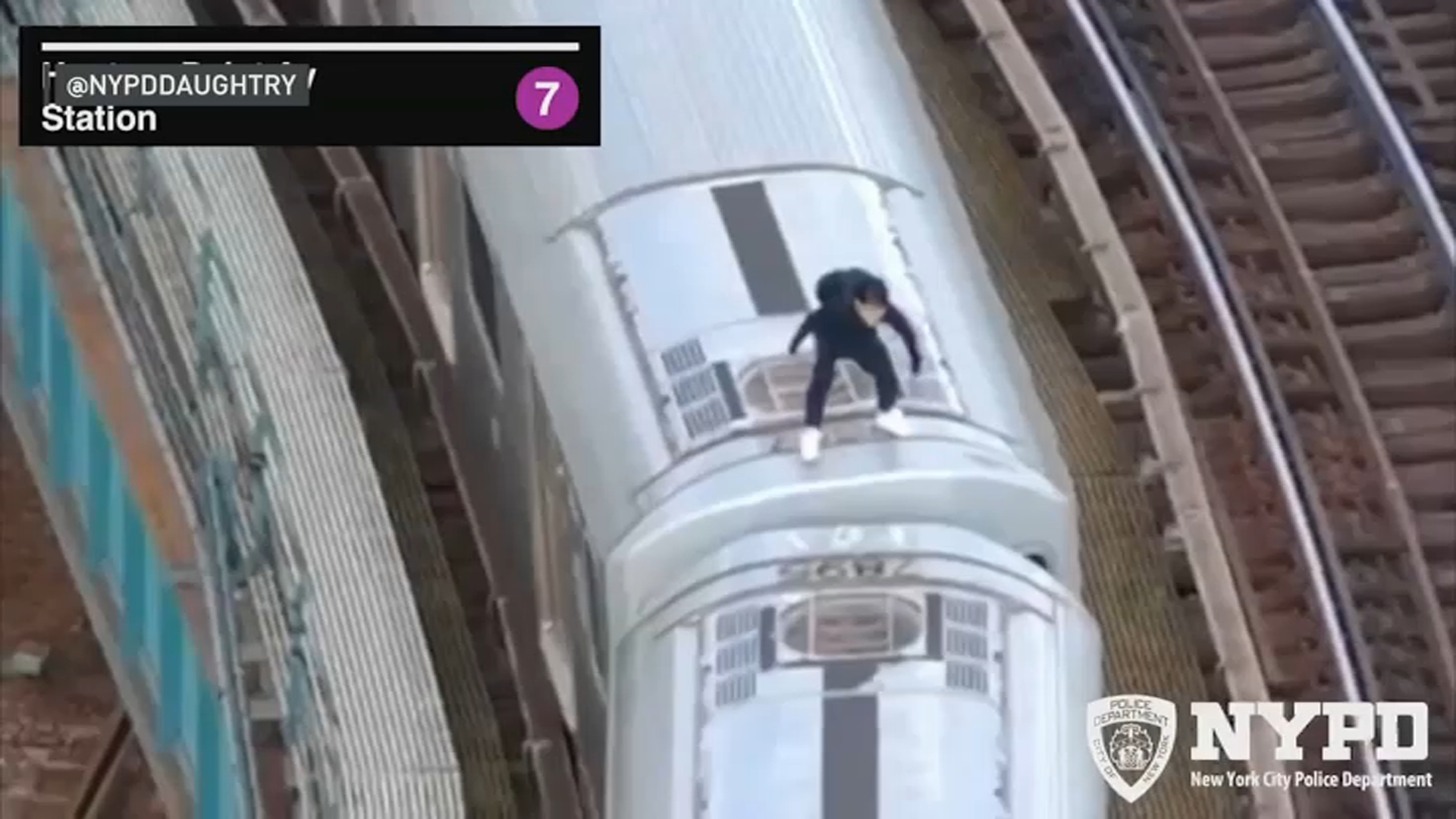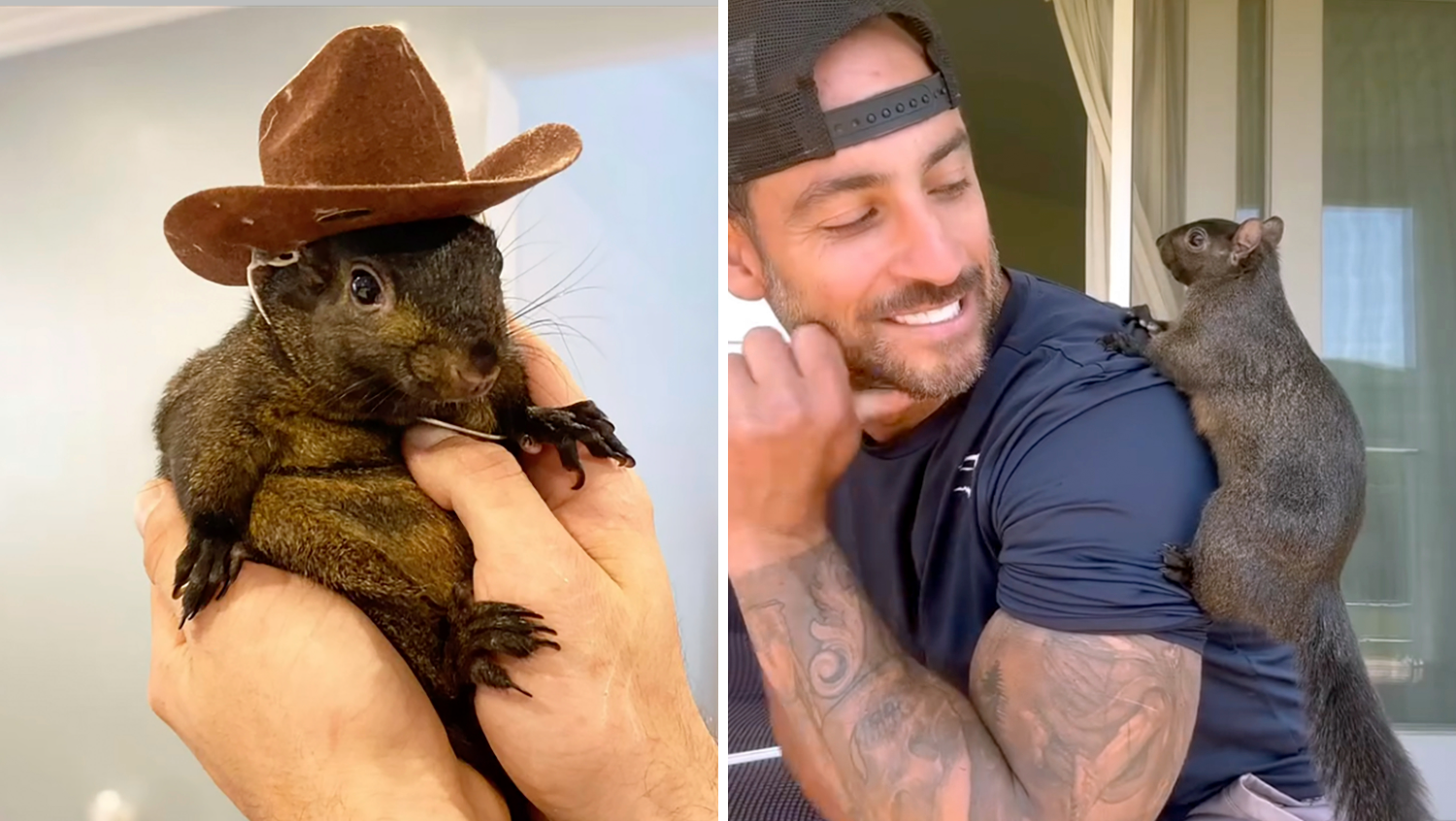
Terri Rufo hasn't been able to hug her kids for more than a month. But her biggest worry isn't for herself -- its for the elderly patients at the New Jersey long term care facility she works at who have also been isolated from their families.
"For me, I know I will see my kids again. But it's so hard to see the families separated. The day we stopped group activities we were just so sad. I'm not the crying type, but it's so hard to see what they have to go through at this age -- their whole worlds are turned upside down."
Rufo is an administrator at CareOne at Holmdel, New Jersey, which has 130 beds. The post-acute and long term care facility stopped visitation to residents on March 12 to reduce the risk for residents and staff due to COVID-19.
Around that time, staff at the center also took steps to isolate themselves from their own families to protect the facility residents. Some are sleeping in their basements, others, like Rufo, have children staying with relatives, which she calls a blessing. "Knowing that I would be exposed to the virus one way or another -- I have an ex-husband and his wife -- and we worked it out that they would stay there and do home schooling."
This week she posted an emotional video to Instagram to put a voice to the long term care industry and what it was going through amid the COVID-19 outbreak.
In it, she chokes up as she talks about the sacrifice many in the facility are making for the residents, whether it be housekeepers, office managers, food service workers, nurses or aides who have committed to helping people get better or helping them share last moments with loved ones via FaceTime or window visits or arranging letters and cards.
"It's been a really difficult time for us as we fight this awful disease," she says. "Many of us, like myself, have not seen our children. I haven't seen my kids in a month apart from FaceTime because we've just dedicated our time now to taking care of these residents who -- whether they're here three days or five years -- who are our family, and we love and care for them that way."
Local
Rufo said one of the hardest things has been maintaining human connection for the residents, after having to cancel beloved group activities like blackjack and word games and the staff now wearing masks and gowns. "It’s hard to see our residents separated and not knowing whats happening, not everyone is alert and oriented to understand that the virus caused their daughter not to visit," she said. "They don’t deserve to have to deal with this at this point in their lives."
However she assured families the staff were doing their best to keep residents engaged, and were actively trying to fight the depression that goes along with being isolated from your family. "We just want you to know that we love them, we take care of them and we'll all come out of this stronger."
Nursing homes in New Jersey have been particularly hard hit, with over half of all facilities in the state reporting COVID-19 cases, and outbreaks at multiple locations. Of the state's 1,504 deaths as of Wednesday night, about 10 percent have been residents of nursing homes or long-term care facilities.
The New Jersey Veterans Home in Paramus has had 10 residents die as a result of the coronavirus, and has likely contributed to the deaths of 27 more people, according to the Department of Military and Veterans Affairs.
Elizabeth Mayor Chris Bollwage told NBC New York that 22 individuals at the Elizabeth Nursing and Rehabilitation Center have died dating back to March 21. Ten of those residents had confirmed cases of COVID-19, while the other 12 were never tested or were awaiting results when they died.
Other nursing homes have reported multiple coronavirus cases as well, including Woodcrest Health Care Center in New Milford, Saint Joseph's Senior Home in Woodbridge and Lakeland Health Care Center in Wanaque, where there have been at least nine deaths.



